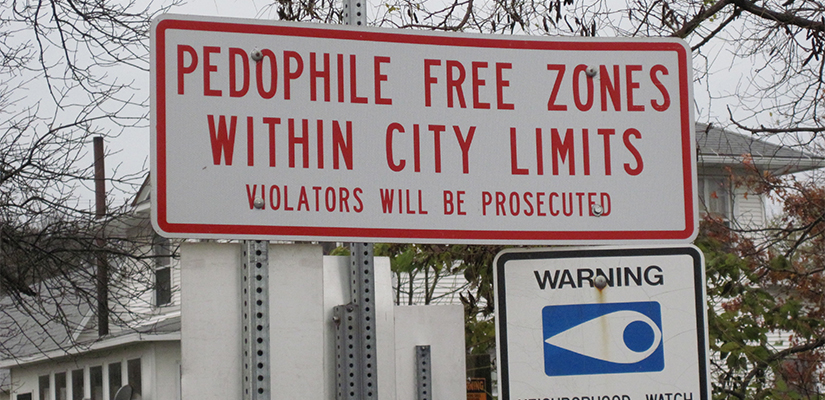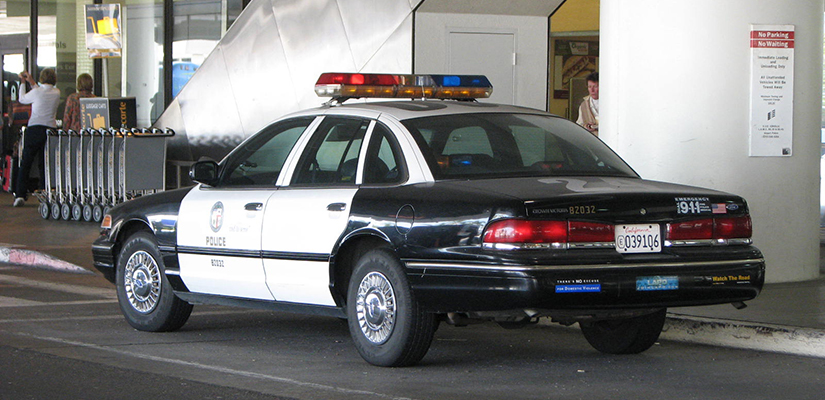Part I – People v. Hofsheier
If you or a loved one is subject to California’s mandatory sex offender registration law (Penal Code section 290, also known as “Megan’s Law”) because of a sex crime conviction in California, we may be able to help you get your name off the registration rolls.
The California Supreme Court ruled in People v. Hofsheier (2006) 37 Cal.4th 1185 that, as applied to certain people, California’s sex offender registration law is unconstitutional. Specifically, in the Hofsheier case, the defendant was convicted of violating Penal Code section 288a, subdivision (b)(1), by having “consensual” oral copulation with a minor, and, as a result of the conviction, the defendant was required to register as a sexual offender. The defendant challenged the registration requirement on the ground that defendants who engage in “consensual” sexual intercourse with a minor are not required to register, while those who engage in other sexual activity are so required, and, accordingly, the defendant concluded, the registration statute violated the defendant’s right to “equal protection” – i.e., the right to be treated the same under the law as others who are in a similar situation.
The California Supreme Court, siding with the defendant, ruled that, “[w]e perceive no reason why the Legislature would conclude that persons who are convicted of voluntary oral copulation with adolescents 16 to 17 years old, as opposed to those who are convicted of voluntary intercourse with adolescents in that same age group, constitute a class of ‘particularly incorrigible offenders’…who require lifetime surveillance as sex offenders.” Accordingly, the Supreme Court struck down the mandatory registration requirement for such offenders.
In response to this decision, the California Attorney General has sent out letters to people who could be affected by the Supreme Court’s decision. The letter informs the recipient of the Supreme Court’s ruling in the Hofsheier case, and states that if the person has any question about whether the ruling affects them, they should consult with a criminal defense attorney and determine what, if any legal recourse they might have. The Attorney General’s office began sending the letters in 2006, and they continue to do so, presumably as they continue to check their records to determine which offenders might be affected by the Hofsheier case. What this means is that, just because an offender has not received a letter, does not mean that he or she is not affected by the Hofsheier case. It may mean that the Attorney General has gotten around to contacting that particular offender yet, or, perhaps, that offender has “slipped through the cracks.”
The determination as to whether a particular offender’s case falls within the Hofsheier case is a complicated one, and, accordingly, legal counsel who is intimately familiar with California’s sex crime laws, sex offender registration statute, and the Hofsheier case, should be consulted.
At Wallin & Klarich, we have been dedicated to aggressively representing those charged with or convicted of sex crimes for nearly 30 years, so, if you or a loved one are registering as a sex offender in Southern California, and you or your loved one has gotten one of those letters from the Attorney General’s Office (or even if you or they have not), you should contact our office right away for a free consultation to determine whether we can use the Supreme Court’s ruling in Hofsheier to get you or your loved one off of the registration rolls for good. Call us at 888-749-0034 and visit us at www.wklaw.com.



